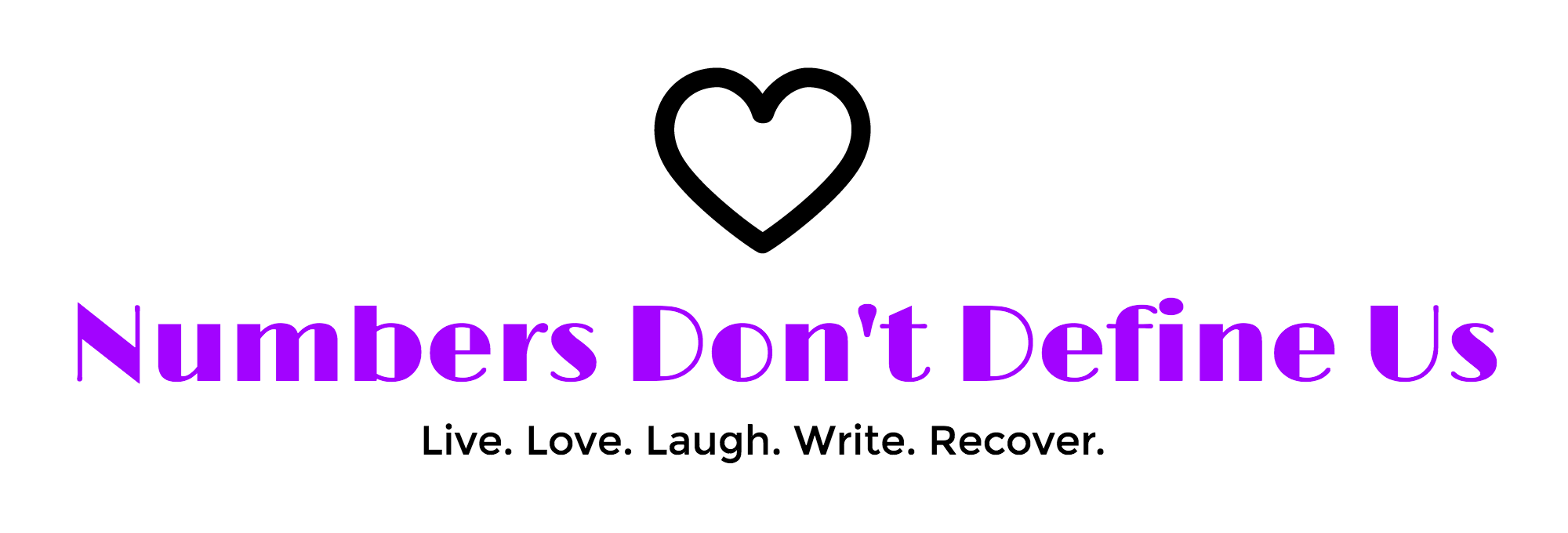Come As You Are
“There is nothing more rare, nor more beautiful, than a woman being unapologetically herself; comfortable in her perfect imperfection. To me, that is the true essence of beauty.”
To those of you who may not be aware, this week is National Eating Disorder Awareness Week, a huge nationwide effort to destigmatize eating disorders and clear up rampant misconceptions about the illness through collaborative advocacy work. This year, the theme for NEDAW is “Come As You Are,” highlighting the notion that everyone’s story is equally valid and important, and that when we enter the advocacy scene especially on social media, we shouldn’t feel pressured to portray ourselves in a particular light—instead, we should come as we are, not as we think we should be. Despite popular belief, there is no one single archetype for an eating disorder sufferer.
Picture someone with anorexia nervosa. More often than not, an image of a young, extremely thin, white girl will come to mind. For so long, the media has solely focused on this one singular image, but in reality, eating disorders do not discriminate; they affect people of all ages, of all genders, of all sexual orientations, of all ethnicities, and of all body types. Just because you don’t fit the stereotype that most people assume to be associated with an eating disorder does not make your pain or suffering any less real or difficult. This week, let’s all try to remember that we shouldn’t feel pressured to change who we are in order to legitimize our plight. As eating disorders are not limited to a specific subset of the population but instead encompass and embrace astonishing diversity, there is no need to adjust our stories to harmonize with the vision of who others think should and should not possess the illness. Now is the time to start empowering one another—to remind those out there that you can have anorexia AND a healthy BMI, that you can be a person of color AND face this testing battle, and that you can be a man AND have deep-rooted body image issues. For when we create an inclusive and welcoming community of fighters, we can help inspire others to speak up by showing them that they are not alone.
For so long, I held the distorted assumption that to truly and legitimately be suffering with anorexia nervosa, one had to look deathly thin, a mere skeleton with a translucent layer of flesh. How could I think otherwise when my insurance company literally refused to cover the cost of potentially life-saving treatment because my weight “wasn’t low enough?” When the world defines the intensity of our suffering based off of sole numbers and not how we are internally feeling within, it can be an utterly disempowering experience that causes us to question whether our illness is real or if we are just merely overreacting. No one should have to feel like they are not sick enough to have an eating disorder, because no matter what insurance companies and others in the media may want us to believe, there is no existing body shape one must have in order to truly be struggling. For in the end, eating disorders are mental illnesses….Since all of us are human beings with minds and brains capable of falling into distorted thought patterns, anyone can have an eating disorder, not just a select few.
This week and every week after that, let’s enter every conversation as we are, for we are not already just enough, but we are more than enough. Our unfiltered stories don’t need any editing or C3 VSCO processing, for they are already raw and genuine and 100% worth sharing with the world.
